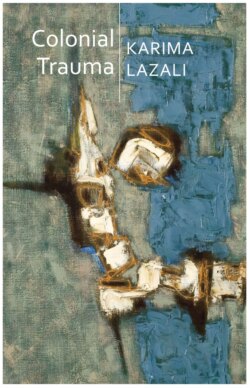Читать книгу Colonial Trauma - Karima Lazali - Страница 11
Introduction: The Difficulty of Acknowledging Colonial Trauma
ОглавлениеThe idea behind this book came from comparing my experiences as a psychoanalyst in Algiers and Paris. The regular tools of this exercise in self-liberation whereby the subject discovers its own forms of alienation weren’t sufficient for my patients in Algeria. They couldn’t turn away from the demands made upon them by the private, social, and political spheres. The notion of “resistance” doesn’t adequately describe their inability to escape censorship’s hold over thinking and to live fully as distinct and singular beings. Clear therapeutic benefits were present during sessions, but, as psychoanalytic treatment always goes hand in hand with a revolution of the private sphere, no matter where that treatment takes place, in Algiers this repeatedly sought-after revolution remains an unachievable goal that is systematically and tirelessly stalled by an Other: family, politics, religion … How to go about analyzing this private sphere deprived of its revolution? And what is this melancholy-filled grievance hiding?
Although subjectivity can never be hemmed in by any identity markers – be they political, linguistic, or historical – it nevertheless uses these to weave the invisible threads of a private self. The site of psychoanalysis must be reinvented on each occasion with each new patient, while taking into consideration the various elements “saturating” the subject. Rather than over-emphasizing cultural specificity, the question raised here concerns the politics underlying a psychoanalyst’s practice. It is also worth considering how treatment may shed light on a central socio-politico-linguistic dynamic at work in the larger society.
